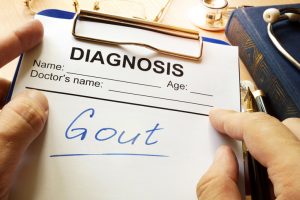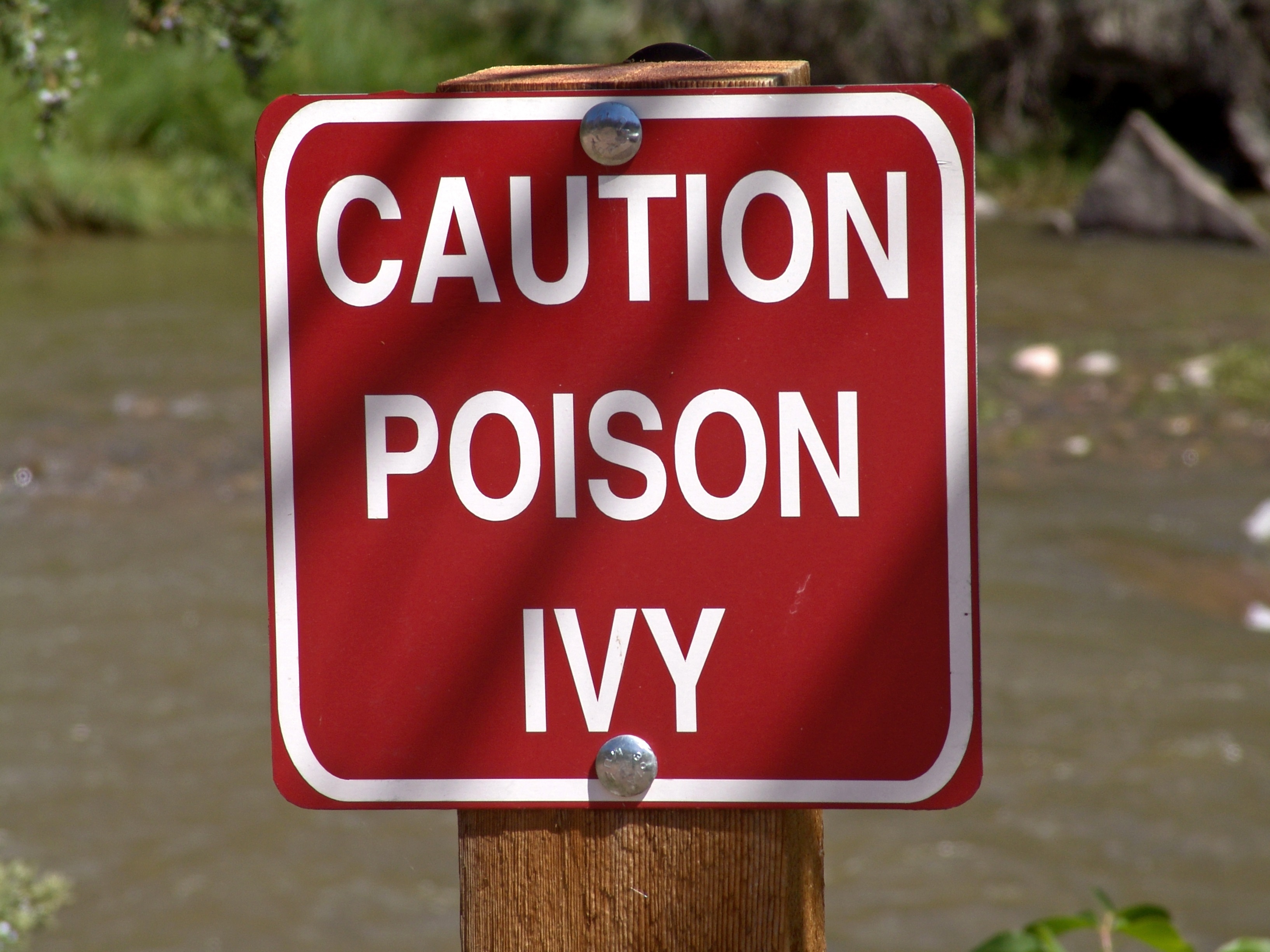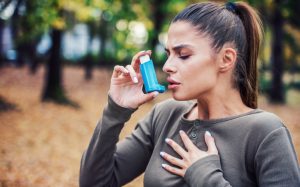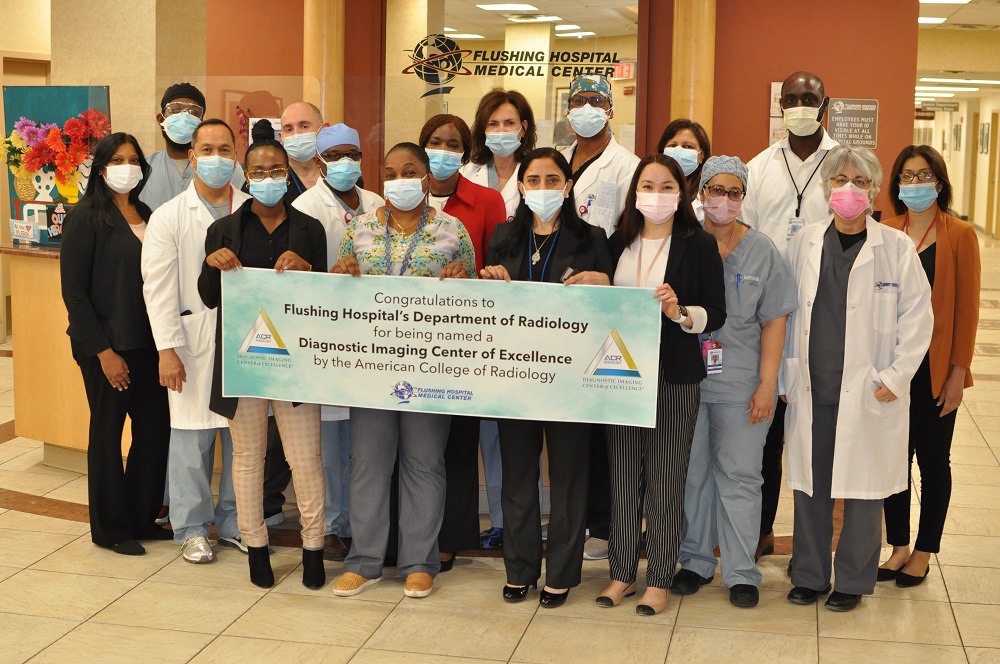Gout is a common form of arthritis that is characterized by attacks of pain, swelling, stiffness, redness or tenderness in the joints. These attacks or flares typically affect one joint at a time. They can occur suddenly and return over time.
Gout is caused by an accumulation of urate crystals in the joint. Urate crystals form when there are high levels of uric acid in your blood. Uric acid is produced when your body breaks down purines; substances that are found naturally in our bodies and in foods such as steak, seafood and organ meats. Alcoholic beverages and drinks sweetened with fructose (fruit sugar) are known to promote higher levels of uric acid in the body.
Some people are more likely to develop gout than others. Factors that increase your risk include:
- Being obese; If you are overweight your body produces more uric acid and your kidneys may not be able to properly eliminate excessive amounts
- Having a diet that is rich in purines, this includes seafood, red meat, organ meat, or beverages sweetened with fructose
- Consuming excessive amounts of alcohol
- Having certain health conditions such as hypertension, diabetes, heart and kidney disease
- Using certain medications such as diuretics or low-dose aspirin
Men are more at risk of developing gout than women; this is because women tend to produce lower levels of uric acid. Men are also more likely to develop gout at an earlier age than women. In men, symptoms may occur as early as the age of 30, and in women after menopause.
There are a few things you can do to reduce your risk for gout or prevent future attacks, they include:
- Drinking plenty of water
- Limiting your intake of seafood and meat
- Limiting or avoiding alcohol
- Maintaining a healthy weight
If you are experiencing symptoms of gout, or believe that you may be at risk, make an appointment to see a physician. Your doctor may order a series of test or assess your current state of health to receive a diagnosis or to determine if you are at risk. If you would like to schedule an appointment with a doctor at Flushing Hospital Medical Center, you may call 718-670-5486.
All content of this newsletter is intended for general information purposes only and is not intended or implied to be a substitute for professional medical advice, diagnosis or treatment. Please consult a medical professional before adopting any of the suggestions on this page. You must never disregard professional medical advice or delay seeking medical treatment based upon any content of this newsletter. PROMPTLY CONSULT YOUR PHYSICIAN OR CALL 911 IF YOU BELIEVE YOU HAVE A MEDICAL EMERGENCY.











